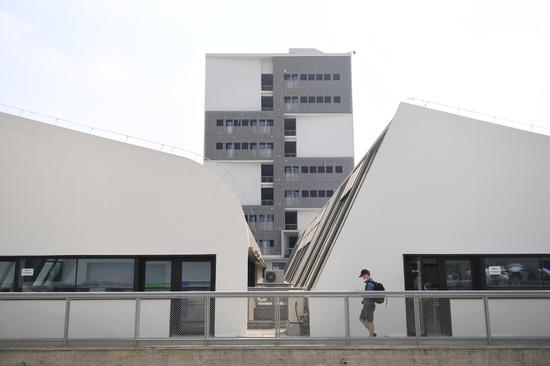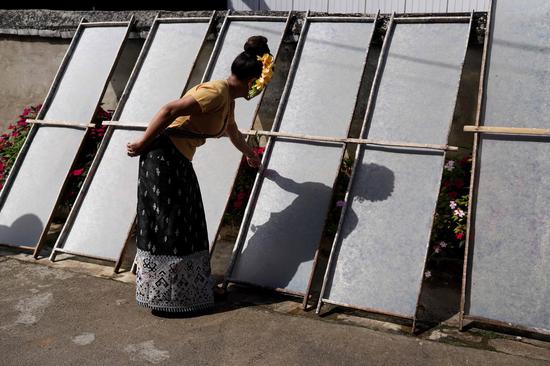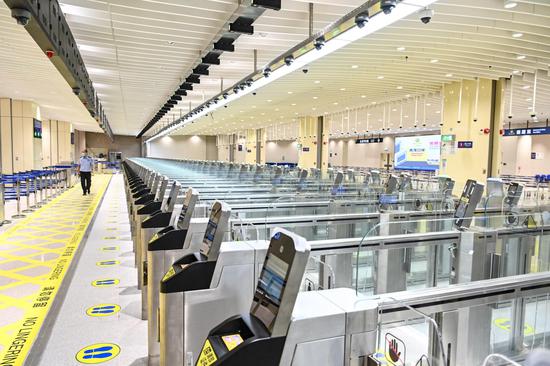The White House budget office on Tuesday called on U.S. Congress to pass a short-term funding bill to avoid a potential federal government shutdown as current government funding is set to lapse at the end of September.
"With the end of the fiscal year rapidly approaching, it's clear that Congress will need to pass a short-term continuing resolution (CR) to provide more time for the FY 2022 process to unfold," Shalanda Young, acting director of the White House Office of Management and Budget, said in a White House blog post.
"The window provided by a short-term CR will allow movement toward bipartisan agreement on smart, full-year appropriations bills that reinvest in core priorities, meet the needs of American families, businesses and communities," she said.
Young also called on Congress to include additional funding in a CR to help respond to recent and ongoing natural disasters, including Hurricane Ida, as well as paying for the relocation of tens of thousands of Afghans into the United States.
"I'm looking forward to continued engagement with members of both parties and on both sides of the Capitol to get the job done," she said.
The Biden administration's request for more funding for the Afghanistan relocation and disaster relief programs is likely to provoke substantial debate in Congress, where Republicans have hammered the White House for its handling of the withdrawal of U.S. troops to end the Afghan war, according to The Washington Post.
Meanwhile, Congress is also facing an imminent deadline over the debt ceiling, the total amount of money that the U.S. government is authorized to borrow to meet its existing legal obligations.
The Congressional Budget Office has warned that the United States is at risk of a default in October or November unless the Congress raises or suspends the debt ceiling.
Libby Cantrill, head of public policy at PIMCO, a global investment management firm, believed the most plausible way forward is that Democrats try to attach a debt ceiling suspension to a government funding bill, which needs to pass to avoid a government shutdown.
"Depending on how it plays out, we could see Congress shut down the government before ultimately coming to a deal on the ceiling, similar to what happened in October 2013," Cantrill wrote in a recent analysis.
"As it did then, a shutdown could create volatility in financial markets and potentially affect the calculus of the Federal Reserve's timing on tapering its asset purchases," she wrote.
The Fed has pledged to keep its benchmark interest rate unchanged at the record-low level of near zero, while continuing its asset purchase program at least at the current pace of 120 billion U.S. dollars per month until "substantial further progress" has been made on employment and inflation.

















































